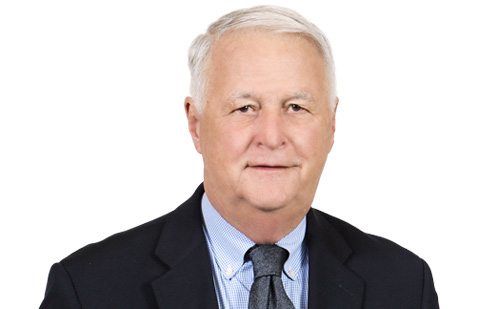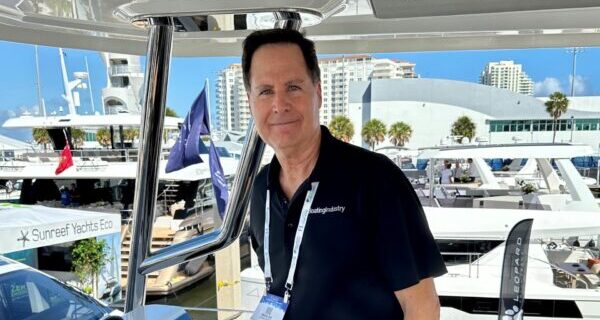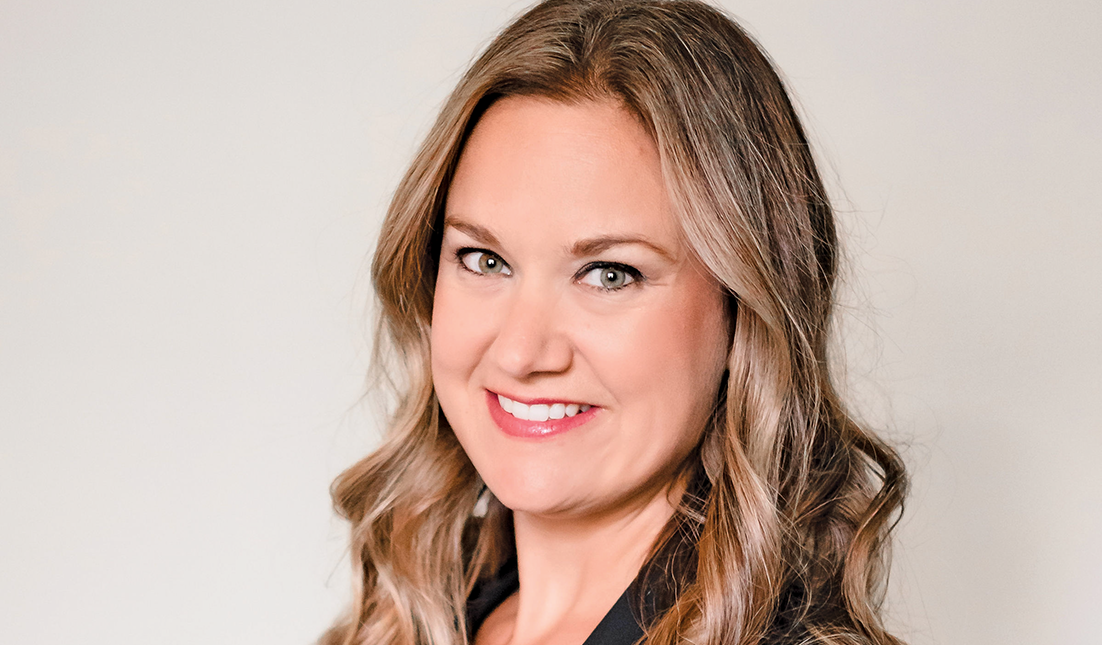Boating, biofuels and dirty politics

Washington, D.C. is full of advocates. Some are very effective champions for important causes, but others get sucked into the maelstrom of competing special interests. Lately, I’ve seen a lot of the latter type represented among those who claim to serve boating enthusiasts but have become dupes of a well-funded fossil fuel campaign. Listening to these voices, you would think that boaters have no idea what kind of gasoline to put in their marine engine. In turn, the oil industry insists that cleaner fuel options should never be offered at the pump – simply because there is a chance that boaters could select the wrong fuel. Oil lobbyists use that demeaning excuse to demand lawmakers pull blends of homegrown biofuels off the market.
Given that marinas don’t even sell higher biofuel blends containing 15 percent ethanol (E15), the chances are far greater that someone would put diesel gas in their favorite go-kart. In fact, a new poll of 500 U.S. boaters finds that an overwhelming majority, 94 percent, find it easy to pick the right fuel and are confident in their selection. It also doesn’t hurt that higher ethanol blends, which typically cost less and contain more octane than regular unleaded, are only sold with a giant orange sticker to prevent misfueling. You can’t miss it.
So why all the fuss about ethanol and boats? It’s part of the Big Oil spin machine. A full 97 percent of all gasoline contains 10 percent ethanol, a renewable fuel made from plants. We use it every day and every major marine manufacturer – Kawasaki, Mercury Marine, OMC, Pleasurecraft, Tigershark, Tracker, Honda, Yamaha and others – approves 10 percent blends (E10) in its marine engines. Oil companies hate it because America displaced over 500 million barrels of oil last year with renewable energy – helping to offset rising oil imports from countries like Iraq and Nigeria.
There is a lot to like about ethanol. It displaces cancer-causing chemicals in gasoline like benzene. It replaced methyl tert-butyl ether, or MTBE, which polluted drinking water throughout the 1990s. And it’s homegrown. America is the world leader in biofuel production, both in terms of ethanol made from corn and new varieties made from agricultural leftovers like stalks and cobs. Today, the industry supports hundreds of thousands of jobs, including farmers as well as scientists at innovative biotech companies like Mascoma in New Hampshire. Ethanol also reduces carbon emissions by at least 43 percent compared to gasoline, a number that continues to rise, according to the U.S. Department of Agriculture.
Some claim that biofuels are bad for boats because ethanol “attracts” water. This myth is so common that the Department of Energy’s National Renewable Energy Laboratory actually conducted a study to show that “ethanol blends can hold more water without phase separation than hydrocarbon, and more ethanol improves their resistance to phase separation. This is an advantage that can help keep fuel systems dry by moving low levels of water out of the system.” Similarly, Mercury Marine has issued warnings to consumers about listening to those who sell “revolutionary” or “space-age” additives for standard ethanol blends.
Interestingly, honest brokers in the boating community are actually big ethanol fans. According to CK Motorsports, ethanol fuels help marine engines run cooler, run longer and make better horsepower gains. Perhaps that’s why the National Boat Racing Association exclusively uses E10 for all its races.
All this progress on clean energy was made possible by a federal policy called the Renewable Fuel Standard. Enacted over a decade ago, it has made us less reliant on foreign oil, reduced fuel prices and help to protect our air and water. It accomplishes that by requiring oil refiners to give biofuels an opportunity to compete at the pump. There’s simply no credible reason why trade associations that claim to represent boaters would side with the oil industry against clean energy, but that’s the exactly what we’ve seen with groups like the Boat Owners Association of The United States.
My advice to boat owners is to keep their money in their pocket when these folks come calling for donations. Let the oil industry pay for their own lobbyists. Having served in the U.S. Coast Guard Reserve and spent countless hours on the Massachusetts Bay, I’m proud to have supported polices like the RFS in Congress, and I urge fellow boaters to join me in helping to protect our waterways and American energy security.
Former U.S. Rep. William Delahunt, D-MA, served in Congress from 1997 to 2011.




